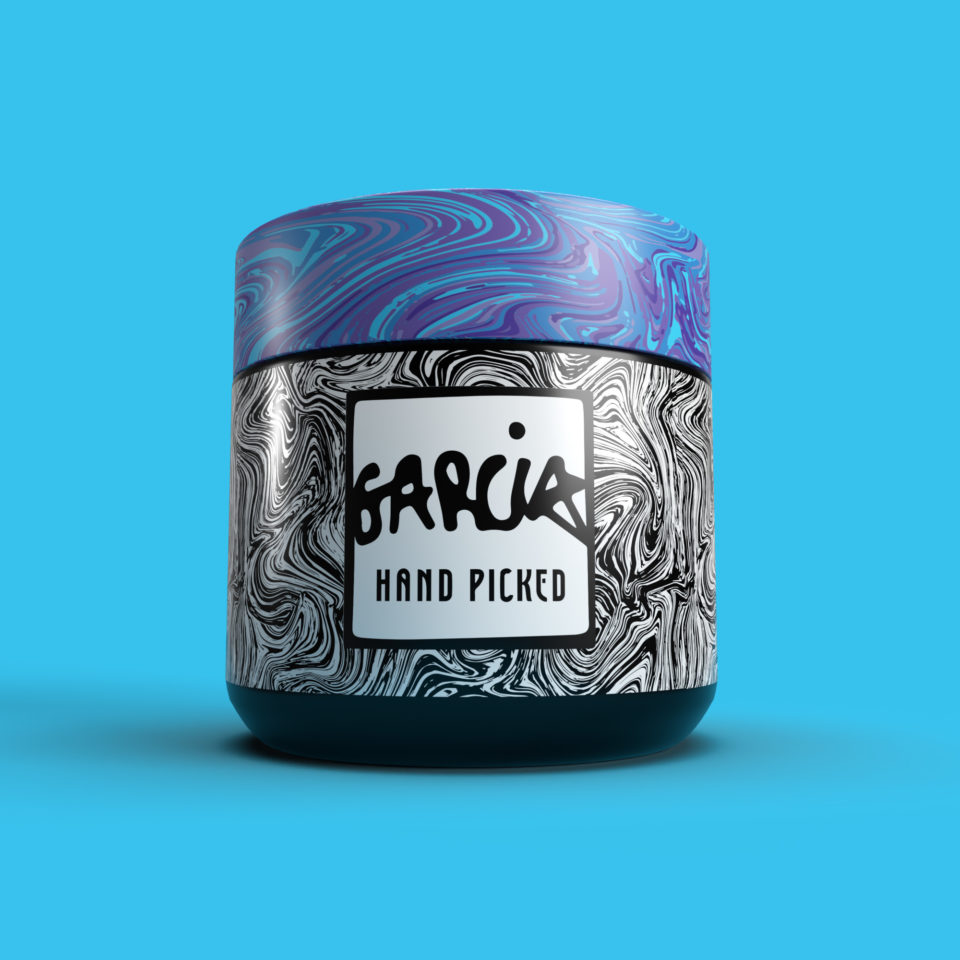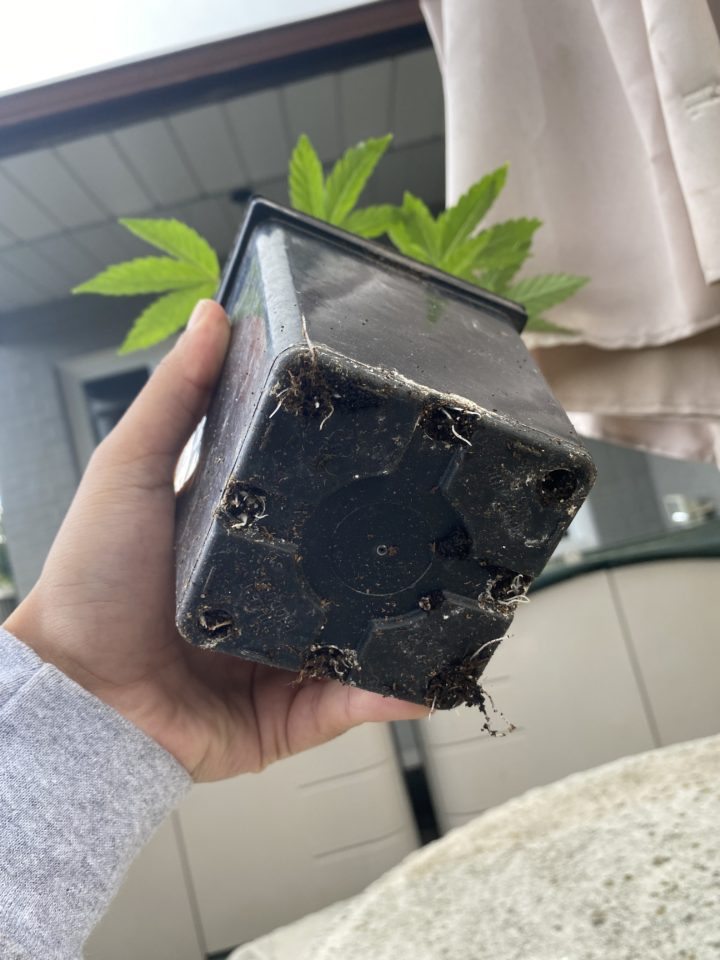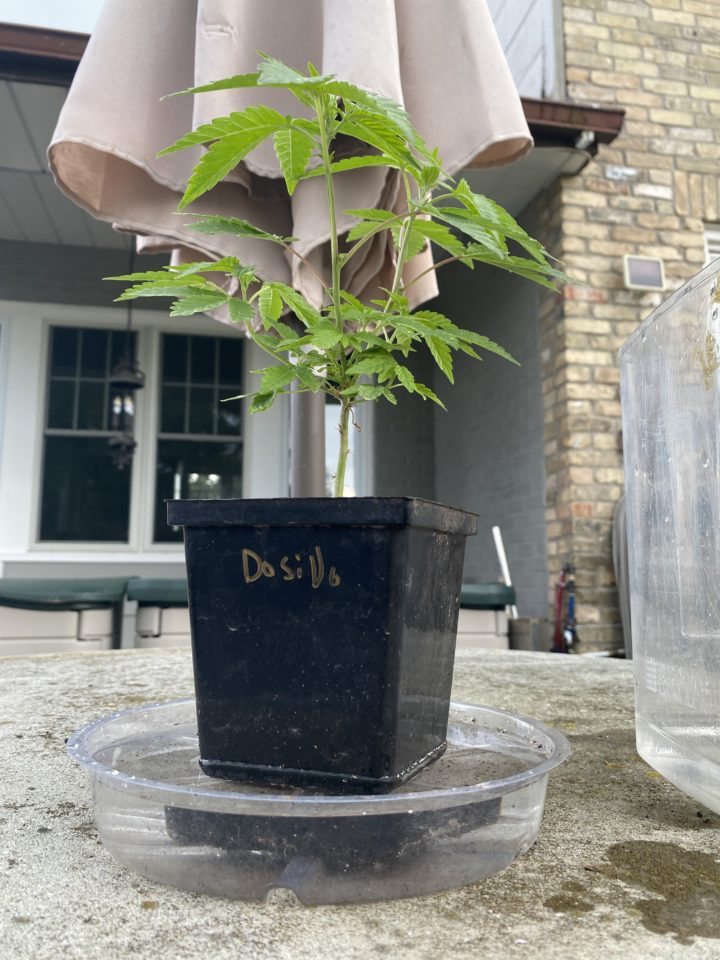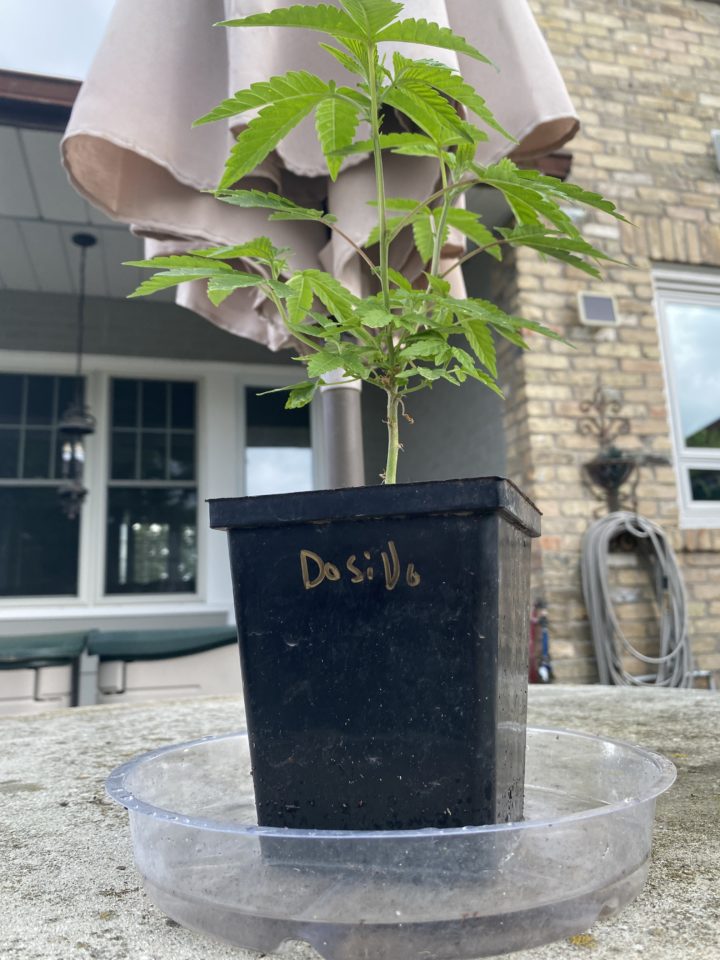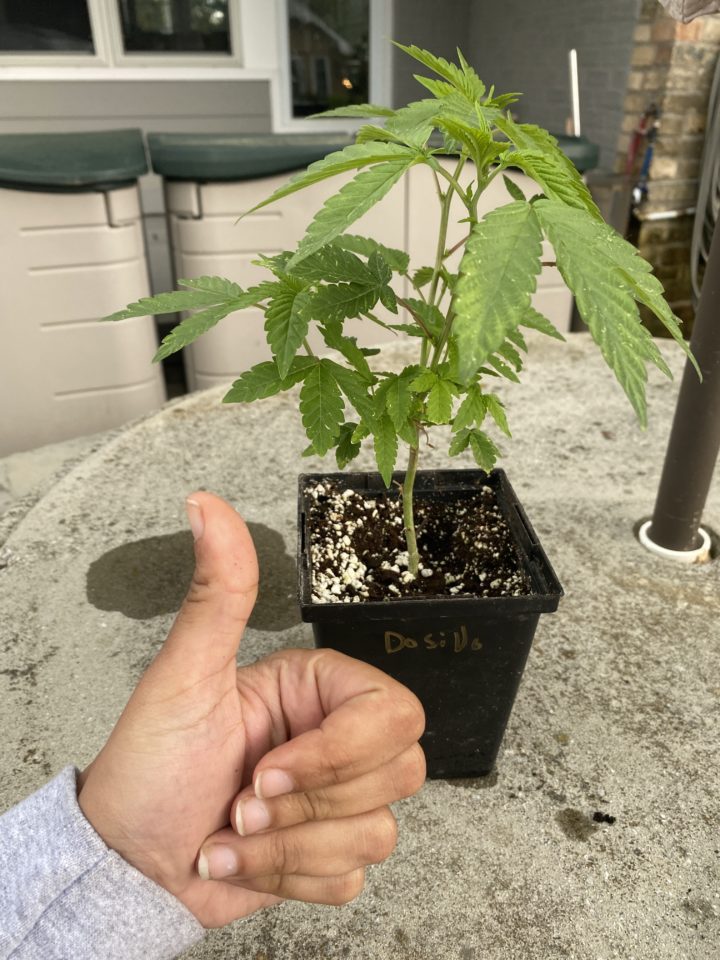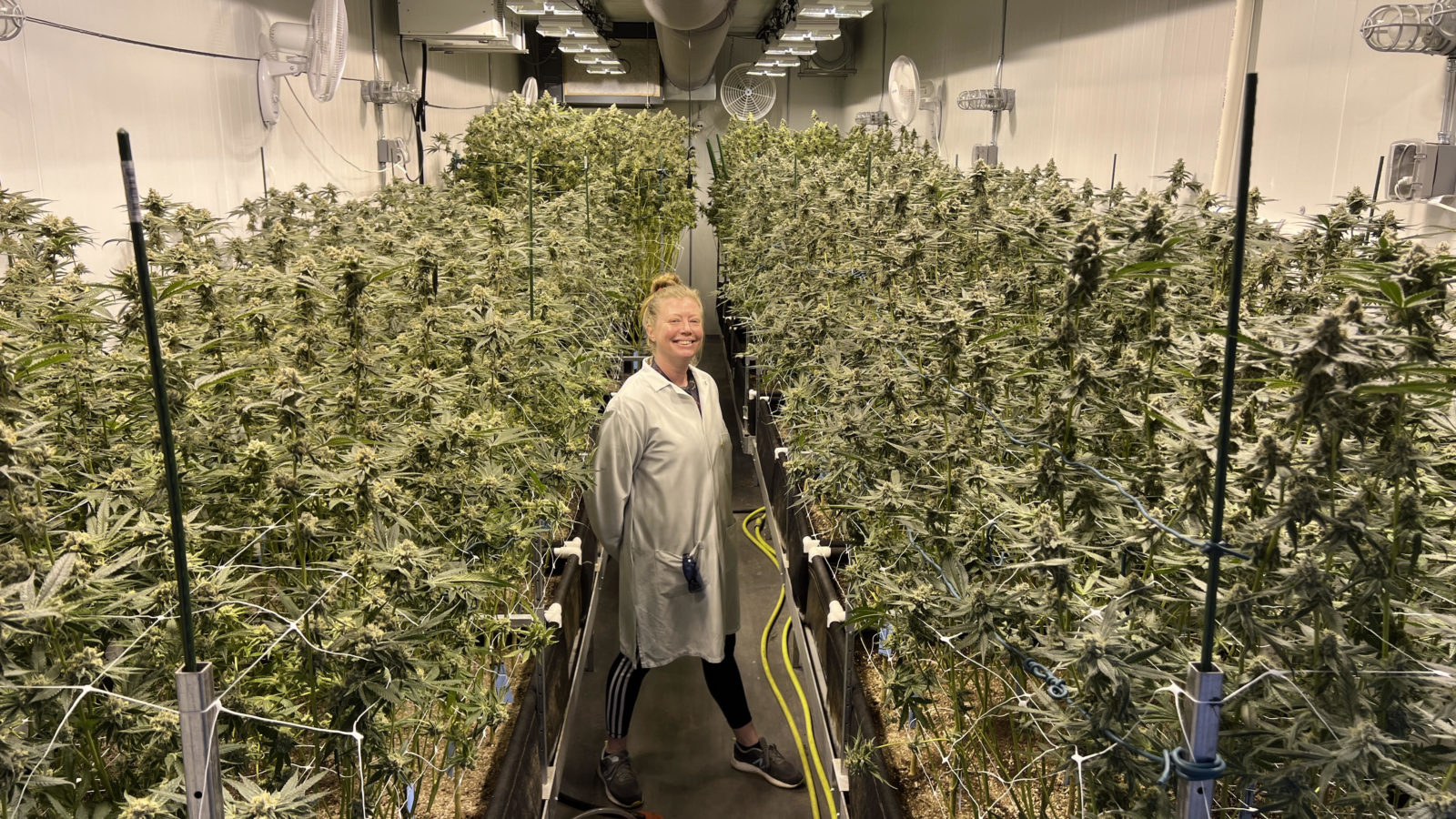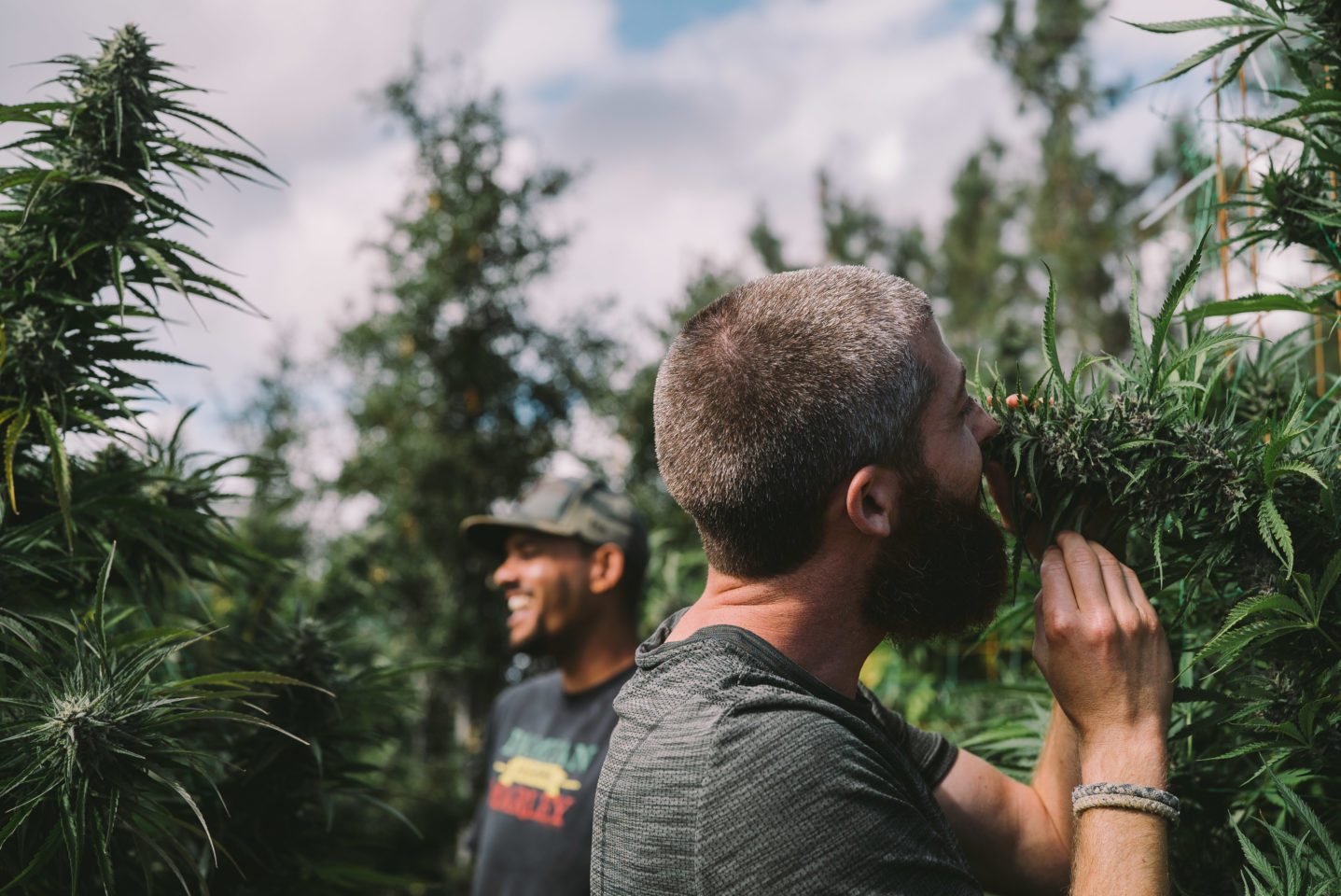Should cannabis products in California come with warnings about rare, adverse reactions for people living with schizophrenia and other mental illnesses, or does it fuel false or exaggerated beliefs about cannabis?
Senate Bill 1097, the Cannabis Right to Know Act, was introduced February 16 by Sen. Richard Pan, and is sponsored by the Public Health Institute, a nonprofit. On June 21, it was amended in the Committee on Business and Professions, as support for the bill gained steam.
Some researchers say people must already have a predisposition for a mental disorder like schizophrenia for these types of negative reactions to occur, while others disagree. Others say certain types of products shouldn’t be a big concern.
“Cal NORML agrees that consumers should be educated about the risks of psychotic reactions, especially in connection with high-THC concentrates and dabs,” Dale Gieringer told High Times. “Cyclical vomiting syndrome is another concern. We doubt whether label warnings are a useful way of informing them, though. Consumers are already jaded by the proliferation of inane Prop. 65 warnings.”
Gieringer has been the state coordinator of California’s NORML branch since 1987, before adult-use regulations took effect, ramping up safety efforts. Requiring warnings like this on products like topicals and CBD products isn’t the solution, he says.
He continued, “We don’t think SB 1097 is the right answer. It doesn’t make sense to be posting these warnings on harmless products like topicals or high-CBD varieties. Consumers weren’t consulted by the authors of SB 1097. We think more research is needed to determine the best way of informing consumers about the risks of THC over-consumption.”
On June 30, the Kaiser Health News profiled an instance of a teen who had an adverse reaction to pot, and it was later revealed that he was diagnosed with schizophrenia. Liz Kirkaldie’s grandson didn’t have a good experience with cannabis, but he suffered from schizophrenia. The pot appeared to enhance delusions like hearing voices. “They were going to kill him and there were people coming to eat his brain. Weird, weird stuff,” Kirkaldie said. “I woke up one morning, and no Kory anywhere. Well, it turns out, he’d been running down Villa Lane here totally naked.”
“The drug use activated the psychosis, is what I really think,” she said.
Seek and ye shall find, and there are plenty of peer-reviewed studies that show the negative outcomes from cannabis use. According to a study published in The Lancet Psychiatry on March 19, 2019, the focus is on high-potency pot, and the risk is over four times greater for people who use high-potency pot daily than for those who have never smoked. But often these risks are blown out of proportion.
Fearmongers have banked on studies like these, such as Alex Berenson, author of Tell Your Children: The Truth About Marijuana, Mental Illness, and Violence—who was permanently banned from Twitter for you guessed it, the spread of misinformation. The way arguments are presented makes it seem as though schizophrenia is common.
But what do other researchers say about the link between schizophrenia and pot?
Other researchers say drugs, nicotine, and other factors that aren’t pot muddy up the results in studies searching for a real correlation between pot and schizophrenia, nor other mental disorders.
A 2014 study, led by Ashley C. Proal and Dr. Lynn E. DeLisi of Harvard Medical School recruited pot smokers with and without a family history of schizophrenia, as well as non-smokers with and without such a history. But this time, the pot users did not use any other drugs, so they could rule out those factors. What they actually found was a heightened schizophrenia risk among people with a family history—regardless of cannabis use.
“My study clearly shows that cannabis does not cause schizophrenia by itself,” Dr. DeLisi told the New York Times in 2019. “Rather, a genetic predisposition is necessary. It is highly likely, based on the results of this study and others, that cannabis use during adolescence through to age 25, when the brain is maturing and at its peak of growth in a genetically vulnerable individual, can initiate the onset of schizophrenia.”
Other experts backed up Dr. DeLisi’s guess that schizophrenia warnings could be a bit inflated. “Usually it is the research types who are doing ‘the sky is falling’ bit, but here it is switched,” said Dr. Jay Geidd, a professor of psychiatry at the University of California, San Diego. “The researchers are wary of overselling the dangers, as was clearly done in the past. However, clinicians overwhelmingly endorse seeing many more adolescents with ‘paranoia’”
SB 1097 now heads to an appropriations committee, sent on June 22, for another reading.
The post California Bill to Require Cannabis Warnings About Mental Disorder Risks Advances appeared first on High Times.
source https://hightimes.com/news/california-bill-to-require-cannabis-warnings-about-mental-disorder-risks-advances/?utm_source=rss&utm_medium=rss&utm_campaign=california-bill-to-require-cannabis-warnings-about-mental-disorder-risks-advances

